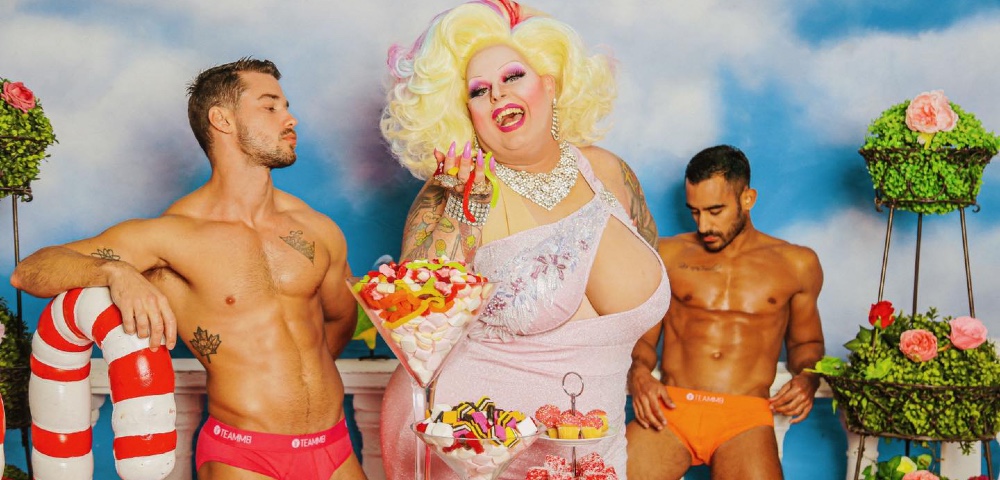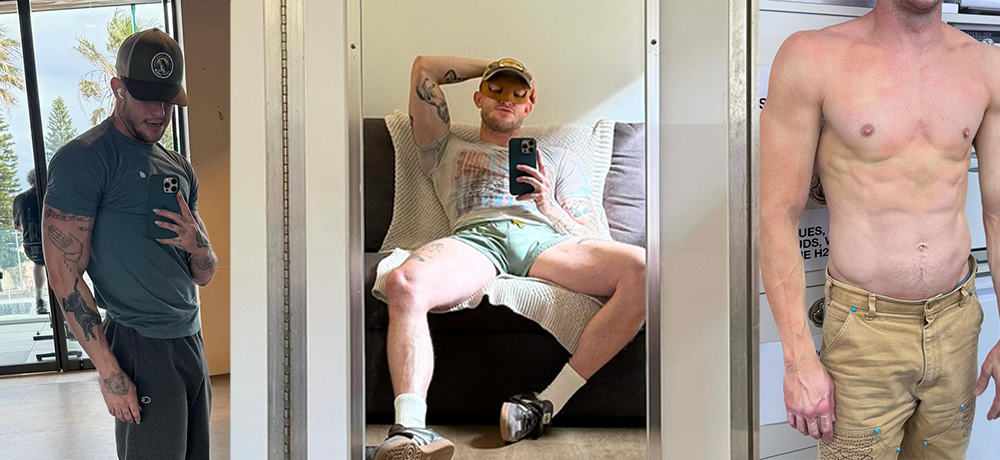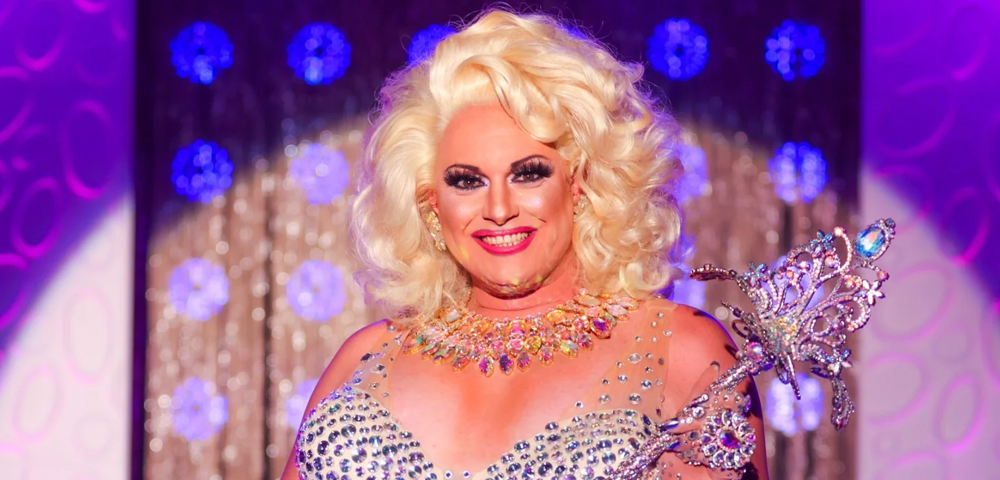
30 Years of Melbourne Queer Film Festival
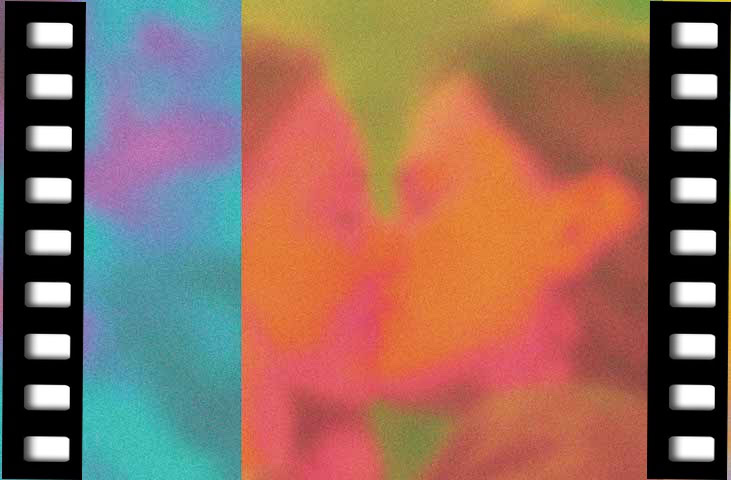
By Jessi Lewis
2020 marks the 30th year of the Melbourne Queer Film Festival, an event that in the words of founding Festival Director, Lawrence Johnston, “emerged to take queer film out of the ghetto and into the mainstream.” The opening film in 1991 was American indie release Long Time Companion, and Johnston reflects:
“Many younger people today don’t understand how huge the AIDS epidemic was, but films like this crossed over for people to realise that simple thing about losing people you loved.”
The festival continued to grow in size and in popularity from the grassroots festival it was until the late ‘90s. The explosion of the internet brought about rapid changes in film technologies.
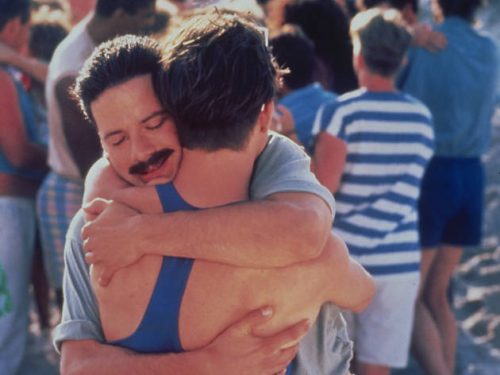
“We went from lugging around 35mm prints to getting feature films on USB sticks,” says Lisa Daniel, MQFF Life Member and past Festival Director.
“In my time, it went from a lot of mostly gay films and a spattering of lesbian films, with just nothing Trans. Particularly, the focus on Trans content has really improved.”
“MQFF is still really crucial, because of the social aspect,” says Lisa. “Film festivals are going to show films and stories you won’t find elsewhere. We don’t yet have social equality, so we still need this kind of representation, it is vitally important.”
In its time, MQFF has not gone without controversy. In 1997, Frisk, a film directed by Todd Verow about a gay serial killer, was banned.
“I didn’t think queer film festivals should be in a position to ban films just because they don’t show a positive portrayal of a gay character,” says Richard Watts, arts journalist, MQFF life member and former program convenor.
“So, when I got involved in around ‘98, we made sure to program Frisk. Today, the way the festival has evolved has seen a real shift for films outside of the English-speaking mainstream; a real flowering of films from across the Asia Pacific and elsewhere. Seeing yourself, or seeing someone like you, on screen and being able to identify with them or their story is incredibly powerful.”
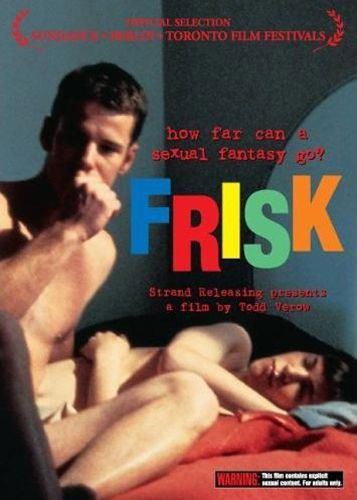
Recently MQFF announced by its new tagline – ‘We’re Stories in Every Colour’ – highlighting the MQFF ethos of inclusion, community and celebration of LGBTIQ+ people.
As current Festival Director Spiro Economopoulos explains:
“I think that tagline is about celebrating our diversity, and that our differences are what unites us. Bringing together stories of different places, people and cultures, particularly places where it is still difficult to be queer.
“Today, I think what is really interesting is this thing about queer visibility. As a community, one of the most potent and political things we can do is be visible, and the festival provides that for us, even if on the big screen.”
In the lead-up to the MQFF30 program being released on the 13th of February, the festival has announced six features that will form part of this year’s program of over 140 films.
“We have two Australian films, and it’s always fantastic when we get to showcase locally-made films,” enthuses Spiro. “One of these is Unsound, a drama about a young gay man who comes home from overseas and meets a hearing-impaired trans-man on the cusp of transitioning and they form a kind of romance. This film also features singer Christine Anu in a supporting role.”
“The other one is Sequin In A Blue Room, an exploration of a young man’s sexuality in the age of social media and online dating apps, which is a really relevant film because of the themes it explores.”
Also announced, was the inclusion of Queering The Script, a documentary that shines light on the characters in Buffy the Vampire Slayer, Xena: Warrior Princess, The L Word, and the women who love them.
“It’s so great for me personally, to be here for the festivals 30th year,” Spiro concludes. “I think queer cinema at the moment is in a really great and exciting place, because we are seeing narratives that we wouldn’t haven’t seen 30 years ago now being represented on the big screen.”
The full MQFF30 program will be announced on the 13th of February, and will be available online and in print.
For more information, head to mqff.com.au.




